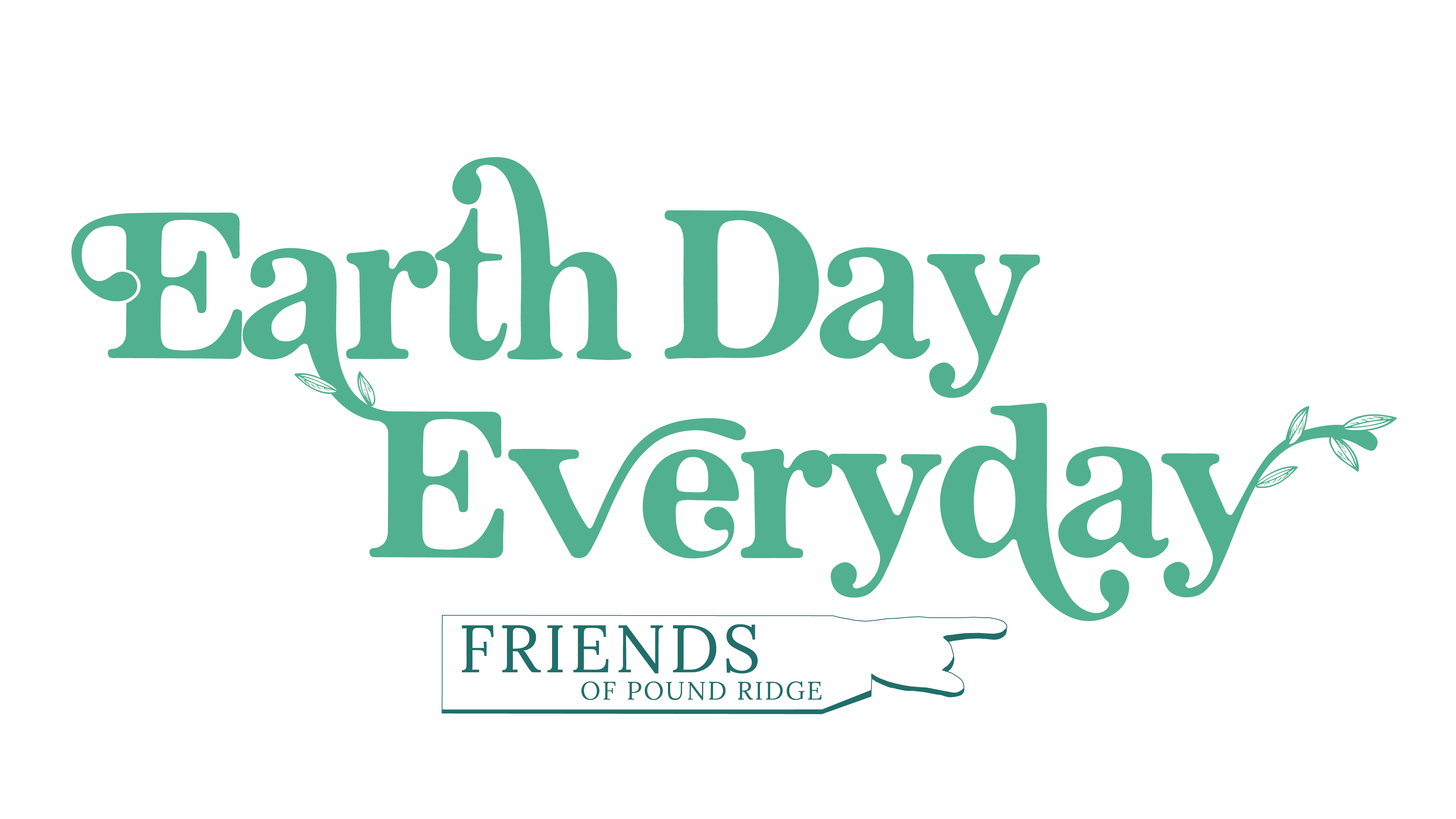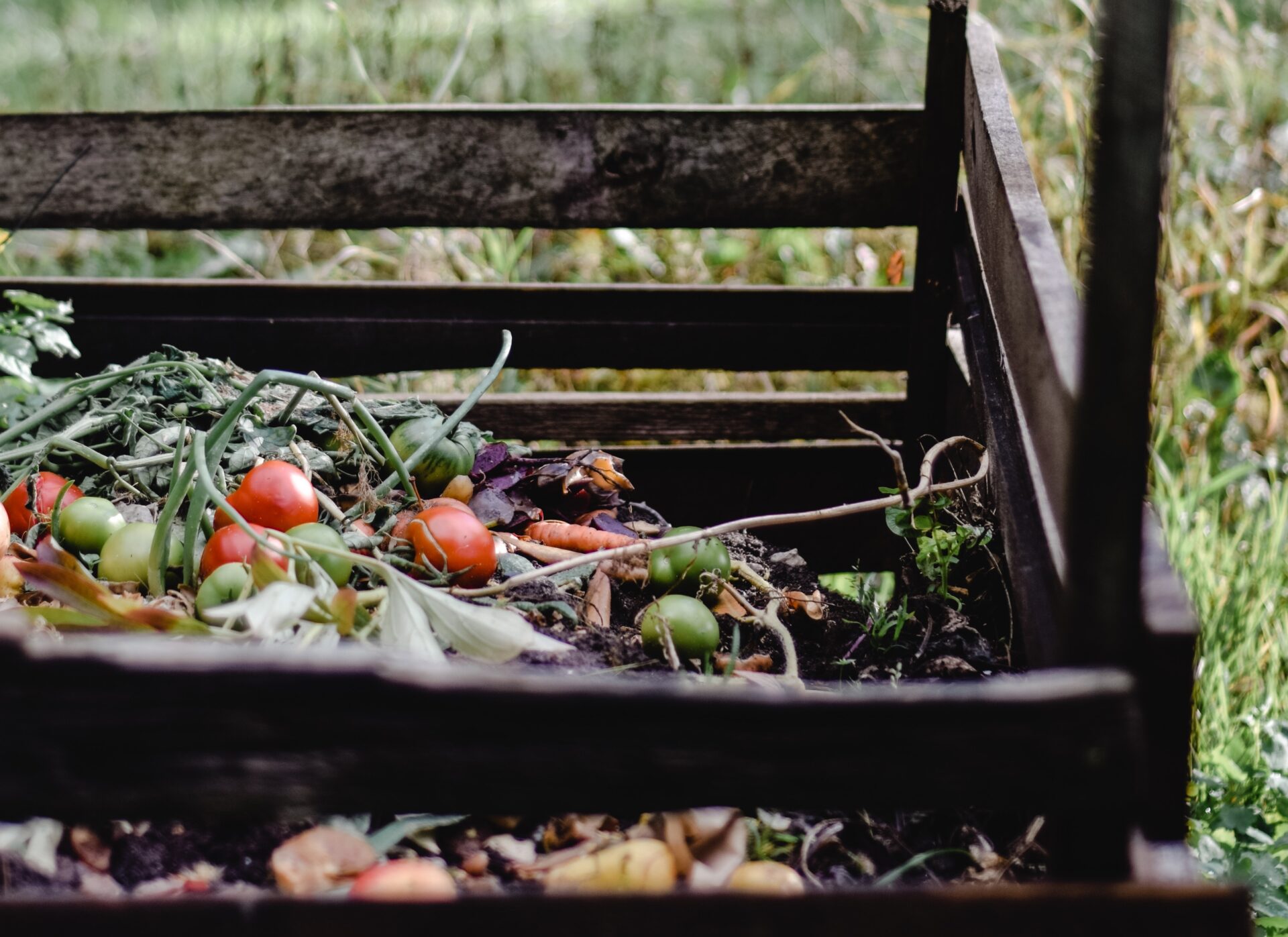The biggest question around composting is usually “what can I compost?” and “what can’t I compost?” Starting out composting can be a bit overwhelming at first, but we’ve gathered an easy to read reference list. One thing to note- there is a definite difference between what you can compost in your backyard and what you can compost at your community drop off/curbside pick up! But have no fear – we’ve got both lists for you.
Community + Curbside Compost
Note: This list is specific to Pound Ridge and the Ulster County Composting center. Please consult your local composting center for the most accurate list in your area. For more information on how to sign up for either of these programs, click here.
- BPI Certified Compostable Bags (no plastic bags)
- Food Scraps and Leftovers:
- Fruits and Vegetables, cooked or uncooked (remove stickers, bands and ties)
- Meat and Poultry (bones ok)
- Fish and Shellfish (shells ok)
- Dairy Products
- Bread and Pasta Rice and Grains
- Egg Shells
- Chips and Snacks Nuts and Seeds (shells ok)
- Leftover and Spoiled Food
- Coffee Grounds (paper filters ok)
- Cut Flowers
- Food-soiled Paper:
- Tea Bags (no staples or nylon tea bags)
- Food-soiled solid natural brown or white Paper Towels and Napkins
- Uncoated paper plates and cups
*Of all BPI certified products, only BPI Certified bags are acceptable
Download Community+Curbside What Can I Compost list
Backyard Compost
With backyard composting, you’ll want to have a mixture of both “browns” (dry, carbon-rich plant materials) and “greens” (moisture, nitrogen-rich plant materials). Every time you add greens to your compost, be sure to also add browns. The optimal brown (carbon) to green (nitrogen) ratio is 30 to 1. While composters aim for that perfect ratio, the composting process will still happen, just not as efficiently.
- Browns:
- Autumn Leaves
- Straw
- Woodchips
- Sawdust (from untreated wood)
- Twigs
- Shredded Paper
- Greens:
- Fruits and Vegetable scraps, cooked (if cooked with no fats or meat/fish/dairy) or uncooked (remove stickers, bands and ties)
- Bread and Pasta (if cooked with no fats or meat/fish/dairy)
- Rice and Grains (if cooked with no fats or meat/fish/dairy)
- Eggshells
- Nuts and Seeds (shells ok)
- Leftover and Spoiled Food
- Coffee Grounds (paper filters ok)
- Cut Flowers
- Tea Bags and Leaves
- Houseplants
- Fresh leaves
- Prunings
- Grass Clippings (if not chemically treated)
- Cardboard (with no ink or tape and cut into small pieces)
- Cotton and Wool Rags
- Dryer and vacuum cleaner lint
- Hair and fur
- Fireplace ashes
- Create odor problems and attract pests such as rodents and flies
- Create odor problems and attract pests such as rodents and flies
- Create odor problems and attract pests such as rodents and flies
- Create odor problems and attract pests such as rodents and flies
- Takes too long to break down naturally
- Diseases or insects might survive and be transferred back to other plants
- Might kill beneficial composting organisms
- Takes too long to break down naturally
- Releases substances that might be harmful to plants
- Might contain substances harmful to plants
- Might contain parasites, bacteria, germs, pathogens, and viruses harmful to humans
Download Backyard What Can I Compost list

